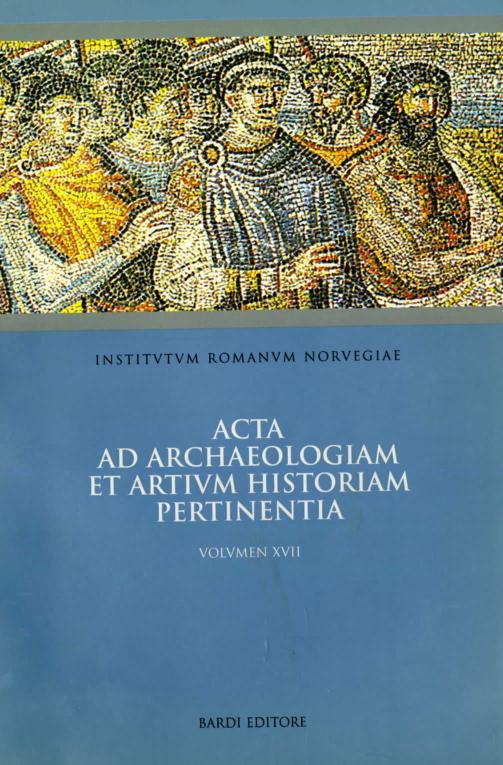Roman Senators and Absent Emperors in Late Antiquity
DOI:
https://doi.org/10.5617/acta.5688Abstract
It is often assumed that the political fortunes of the city of Rome and of its élite, the Senate, decline in late antiquity. Such decline is attributed to emperors residing in other centers closer to the frontiers and to the inflation of senatorial status in the fourth century. This article argues, however, that the senators of Rome continued to see themselves as important participants in imperial high politics throughout the period. Such ambitions were ably demonstrated by Q. Aurelius Symmachus, whose role as senatorial ambassador to the imperial court was predicated on the basis that the Senate in Rome was still an important political institution. Similar ambitions motivated Roman senators to give active support to rival sides in political usurpations in the fourth century; this activity was advertised, moreover, by an impressive series of dedications set up in the Forum Romanum in close proximity to the Senate House itself. The climax of these aspirations came in the unstable circumstances of the fifth century when, for the first time in over a hundred years, Roman senators seated themselves on the imperial throne. Far from being a moribund political anachronism, then, the Senate in Rome continued to act as a major partner in the running of the Empire throughout the last centuries of Roman rule in the West.
How to Cite
Issue
Section
License

This work is licensed under a Creative Commons Attribution-NonCommercial 4.0 International License.
Authors who publish with this journal agree to the following terms:
- Authors retain copyright and grant the journal right of first publication with the work simultaneously licensed under a Creative Commons Attribution License that allows others to share the work with an acknowledgment of the work's authorship and initial publication in this journal.
- Authors are able to enter into separate, additional contractual arrangements for the non-exclusive distribution of the journal's published version of the work (e.g., post it to an institutional repository or publish it in a book), with an acknowledgement of its initial publication in this journal.
- Authors are permitted and encouraged to post their work online (e.g., in institutional repositories or on their website) prior to and during the submission process, as it can lead to productive exchanges, as well as earlier and greater citation of published work (See The Effect of Open Access).





